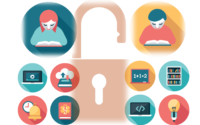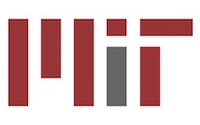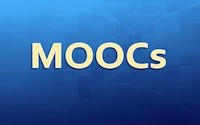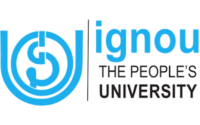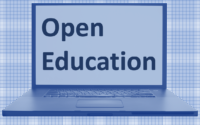
Free Digital Learning for Inclusion of Migrants and Refugees in Europe: A Qualitative Analysis of Three Types of Learning Purposes
The increasing number of migrants and refugees arriving in Europe places new demands on European education systems. In this context, the role that free digital learning (FDL) could play in fostering inclusion has attracted renewed interest. While the existing literature highlights some general design principles for developing FDL for migrants and refugees, there is little […]

